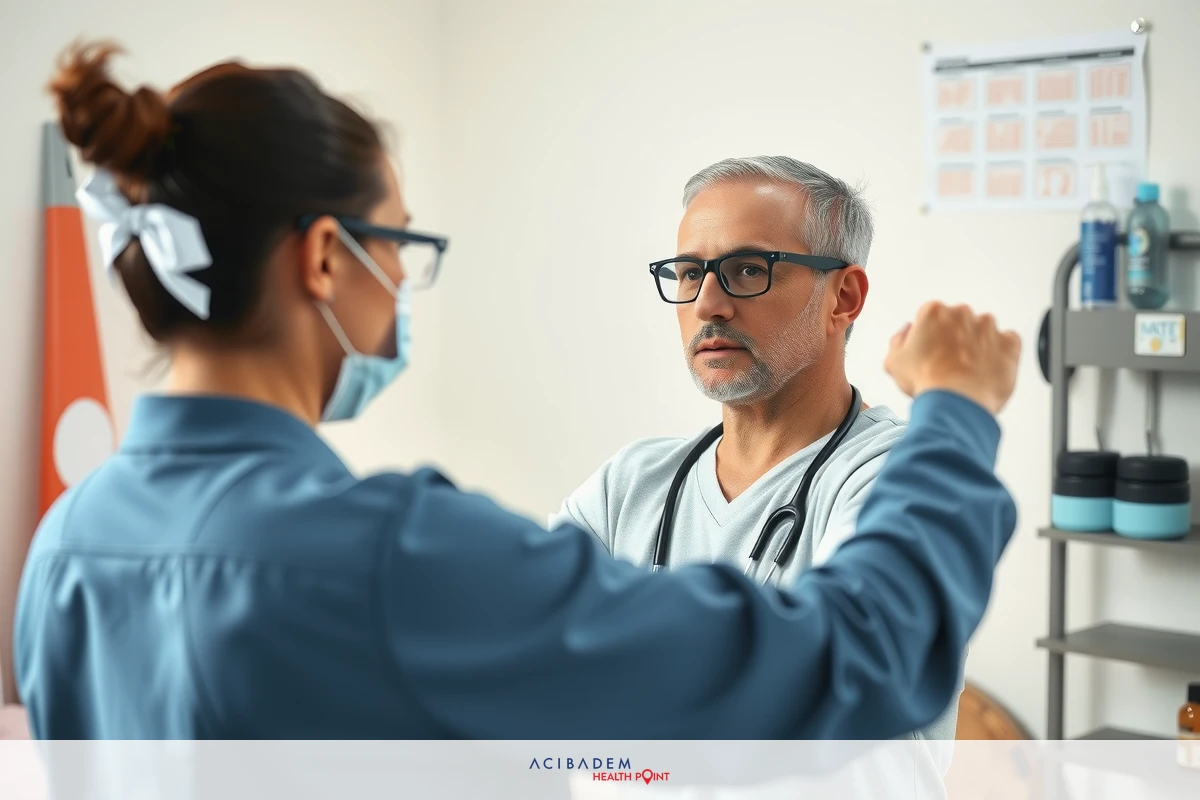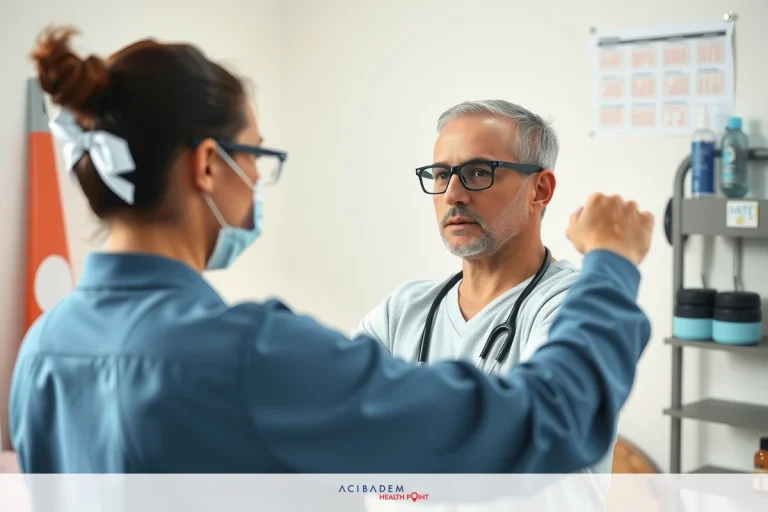PJI Infection
PJI InfectionPJI infection is a problem that can affect anyone with joint issues. It’s important to know what this condition means for your health. If you have a PJI infection you might feel pain and notice swelling in your joints. You should seek help from a doctor who can guide you towards the right care.
Knowing the signs of PJI infection leads to early and better care. When caught soon, treatment can start quickly, which may lead to good results. Your doctor will talk about options like medicine or other ways to manage your symptoms.
Prevention is key when it comes to problems like PJI infection. Simple steps in daily life can keep joints safe and lower the chance of getting an infection. Always listen to medical advice and take good care of your body as it’s vital for staying well.
What is PJI Infection?
PJI stands for prosthetic joint infection and it’s a type of joint infection. It happens when germs get into the space around an artificial joint. These germs can come from other parts of your body or from outside during surgery. Once there they can cause harm to your joints.
The signs of this infection can vary but often include pain and swelling. You might also see redness around the joint or feel warmth when you touch it. Some people have fever or chills if the infection has spread in their body. It’s key to know these signs so you get help on time.
Treatment for PJI often starts with strong medicine that fight the germs causing trouble. Sometimes more steps need to be taken like cleaning out the infected area through a second surgery. The goal is always to clear up the infection and make sure your joints work well again.
Prevention plays a big part in stopping PJI before it starts. Simple things like good hygiene and following doctor’s advice after surgery help a lot. Keeping healthy overall makes it harder for infections to take hold in your body.
Symptoms of PJI Infection
If you have a PJI infection the first thing you might notice is pain in your joint. This pain isn’t just a dull ache; it can be quite sharp and get worse when you move. The area around the joint could feel tender even with a light touch. Pain that doesn’t go away or gets bad quickly needs to be checked by a doctor.
Another sign of PJI is swelling or fluid build-up where your artificial joint is located. Your skin there may look red

and feel warm compared to other parts of your body. These are signs that something’s not right inside your joint and they shouldn’t be ignored.
Fever is another symptom that can show up if an infection has spread in your body. You might also notice chills or night sweats along with feeling very tired all day long. When these things happen together it’s time to talk to someone who knows about joints and infections.
The last symptom we’ll talk about here today involves changes in how well you can use the infected joint. It may become hard to do simple tasks like walking or picking up things without feeling hurt or weak. If moving around starts to cause trouble this could mean the infection has done damage inside the joint.
Treatment Options for PJI Infection
When it comes to treating a PJI infection doctors have several ways to help. The first step is often using antibiotics that are strong enough to kill the germs causing the problem. These medicines might be given through your veins or as pills you take at home. It’s important to finish all of the medicine even if you start feeling better.
In some cases surgery may be needed along with antibiotics. This can mean taking out the infected part and cleaning the area around it well. After this a new artificial joint might be put in or you could need more time to heal before another surgery happens.
Sometimes treatment also includes other kinds of care like physical therapy. This helps make your joints stronger and can get them moving right again after an infection has been treated. Always follow what your doctor says about how best to look after yourself while getting better from a PJI infection.
Preventing PJI Infection
Preventing a PJI infection starts with clean habits especially before and after joint surgery. Always wash your hands well and keep any wounds you have clean and covered. Doctors also make sure the operating room is very clean to lower the risk of germs getting into your body.
After surgery it’s key to follow all of your doctor’s instructions for care. This means taking antibiotics if they are given to you and going back for check-ups when told to do so. Watch for any signs of infection like redness or swelling and tell a healthcare provider right away if you see them.
Staying healthy in general helps prevent many kinds of infections not just PJIs. Eat good foods that help your body fight off germs, stay active as much as possible, and don’t smoke. When your overall health is good it’s easier for your body to stop infections from starting.
Another way to keep joints healthy is by avoiding injuries that can lead to infections later on. Be careful when doing things that could hurt your joints like heavy lifting or high-impact sports without proper gear or training. Protecting yourself now can mean fewer problems down the line.
Finally managing other health issues is part of preventing PJI too since conditions like diabetes can raise the chance of infection after surgery. Work with doctors who understand these risks so they can guide you in keeping both new and old health problems under control.
Frequently Asked Questions
What are the first signs of a PJI infection to look out for?
Early signs include joint pain, swelling, redness around the joint, and sometimes fever or chills.
How long does it take to recover from a PJI infection after treatment begins?
Recovery time varies based on the severity of the infection and treatment method but can range from weeks to months.
Can I get a PJI infection more than once?
Yes, even with successful treatment, it's possible to have another PJI if new bacteria enter the joint area.
The answers provided here are for informational purposes only and do not constitute medical advice.








